Disclosure: Meeple Mountain received a free copy of this product in exchange for an honest, unbiased review. This review is not intended to be an endorsement.
The first time we sat down to play Rocket Ranchers: Herding Cats in Space!, I had unwittingly read only the detailed description on the Binxadinx website. Despite having read these non-rules, though, we played the game with greater than 90% accuracy. In the strangest way, this is an adequate summary of the game’s ease of entry. After a brief exchange with David Bock, the game’s designer, we were locked in on the rails.
The demo copy was very near completion and certainly functional enough to offer detailed thoughts about this particularly eccentric tractor-beaming, space-cat-riddled open drafting card game. I will mention the few prototype-to-retail gaps later in the preview.
“I know this ship like the back of my hand.”
In Rocket Ranchers, players utilize their four tractor beam cards to gather up space creatures from a 4×4 grid of cards. Each beam retrieves a pattern of one, two, or four spots. Depending on the player count, the game will include a number of species divided across a number of colored biomes (suits). After cards are drawn from the grid, they are replenished before the next turn. Play continues until the deck runs out.
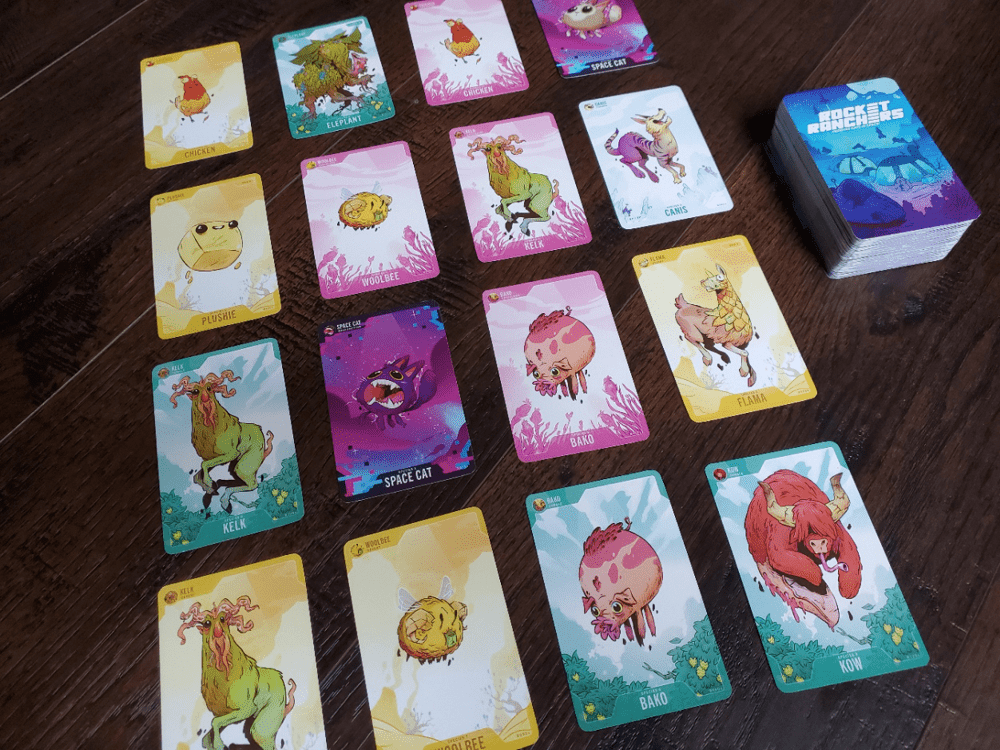
Following each draw, cards are placed either face-down as a corral or face-up into a corral, each of which can only contain one species. In this way, players are collecting sets of varying size and character.
Accompanying the tractor beam cards, players have one special card called the Shepherd that enables a swap of any two cards with a matching biome (suit) in the grid. This action comes in addition to the normal turn and can even be carried out after drafting and replenishing the grid. In this way, the Shepherd serves either self-interest before collection or vindictive complication for others after the replenishment.
With only four cards available, players must often retrieve their cards. If all four beams are spent, they are simply recalled after the fourth beam is played. They can be picked up early (after at least two beams), but such an action counts as a turn without drawing from the grid.
Scoring is guided primarily by two conditions. First, each card in a set scores based on the total number of cards in the set—more cards equal more points. Second, there are space cats. Space cats pop up occasionally in the grid but they do not function like the other creatures. If a space cat is adjacent to a player’s beam, they just tag along. They come with an all-or-one mentality. Having exactly one or five space cats yields a score of zero. Having six or more scores in the positive. Those other numbers in between are all negatives, giving the cats an enormous and varied influence over matters in the grid.
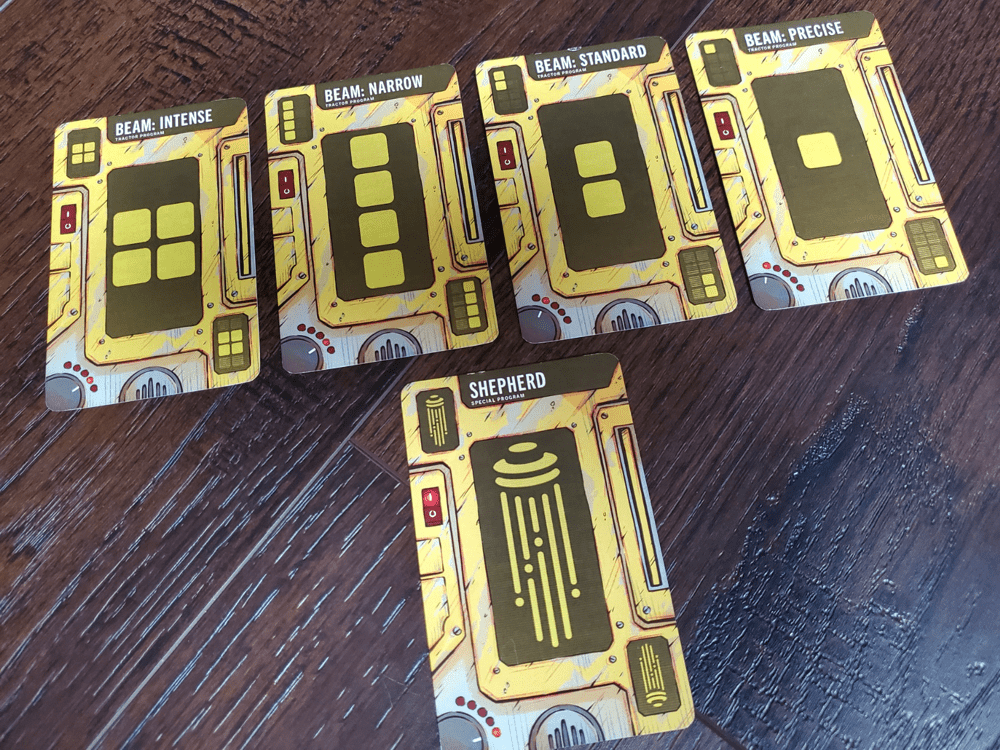
Rocket Ranchers also includes a set of unique corporate scoring cards that each call out specific scoring conditions for one species. The use of these cards is considered an extra module, but I really can’t envision playing without them. In each game, players draw three to add a bit of spice to players’ desires and machinations. These special considerations also mean the involved species do not score according to the base quantity conditions. Some also interact with the space cats, creating an even more unusual tension around card collection.
“I canna change the laws of physics!”
On the one hand, Rocket Ranchers is like many other drafting games, most notably Sushi Go Party! The drafting in the Phil Walker-Harding classic is closed (achieved by passing cards around the table) rather than open (selecting from a visible grid), but the now-classic scoring instincts are the same. Each set of three might be worth ten points, individual cards worth more to the player with the most, or matched pairs worth higher gains. In this regard, the space herding is very familiar, and it is why I was able to play the game with remarkable accuracy based solely on an incomplete ruleset.
But there are bits that set Rocket Ranchers apart—most notably, the Shepherd. The Shepherd keeps the game from descending into an inert “take what’s left” or “make the most of it” experience. The simple swap introduces just enough agency to feel, at times, as though you have a smidge of control. We’ve not found much use in employing the Shepherd after replenishing the grid, but that might have as much to do with our play style as anything. (We tend to play nice in our household.) Even if someone is feeling saucy, the point is often moot if the next player has a Shepherd at their disposal.
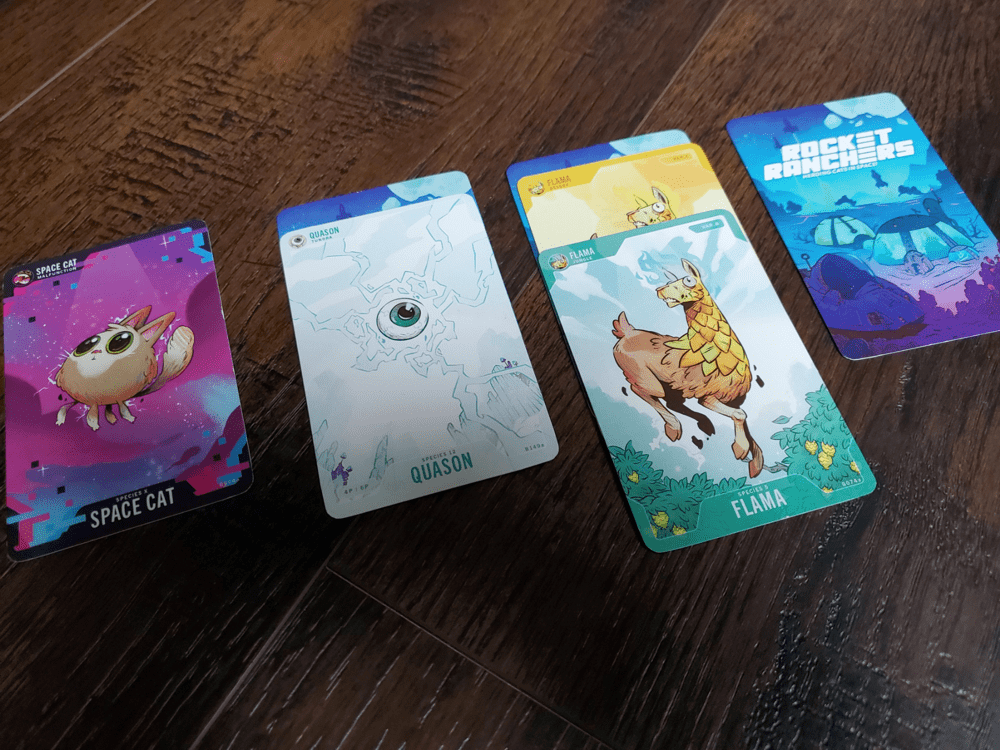
The space cats also provide a touch of whimsy that helps the game’s personality to shine. The idea of frazzled and bipolar scoring conditions is not new, but having the kitties abrasively tag along keeps the grid lively. The specific card design really pops, turning each cat’s arrival into a moment. Early on, there is a conscious decision whether to pursue 60% of the cats or…one. From that decision, there is tension any time they rear their misshapen heads. I like it.
While I’m on the subject of the card design, the art here is eccentric and, to my sensibilities, delightful. I’ve played with others who thought the exact opposite, but the presence of polarities is a testimony to the unique visual charms of Rocket Ranchers. Eleplants and Flamas, Capiwatas and Chickens all pop off their cards with loads of personality.
The various scoring conditions keep the game fresh. Some of the choices intermingle quite well. If the chicken card is in play, for example, players have to discard three chickens for every space cat in their floof pile (the name for the non-corral inhabited by the cats) at the end of the game. This creates a game in which one either wants no cats or no chickens. In this way, the scoring cards are evidence of care in creating an atmosphere over the grid.
“Ay, the haggis is in the fire for sure!”
The demo stopped at four players, but the retail version will include cards for six. Depending on player pacing, the four-player game can already stretch past 30 to 45 minutes. I believe that is about the limit for a relatively simple drafting game, so I’m not sure how I will feel about six, but I would probably try it before buying if that’s your intended group size.
There will be a scoring tracker of some sort as well, which is a must because there are definitely numbers to juggle at the end. Every intended addition to the retail version fills a gap and makes perfect sense.
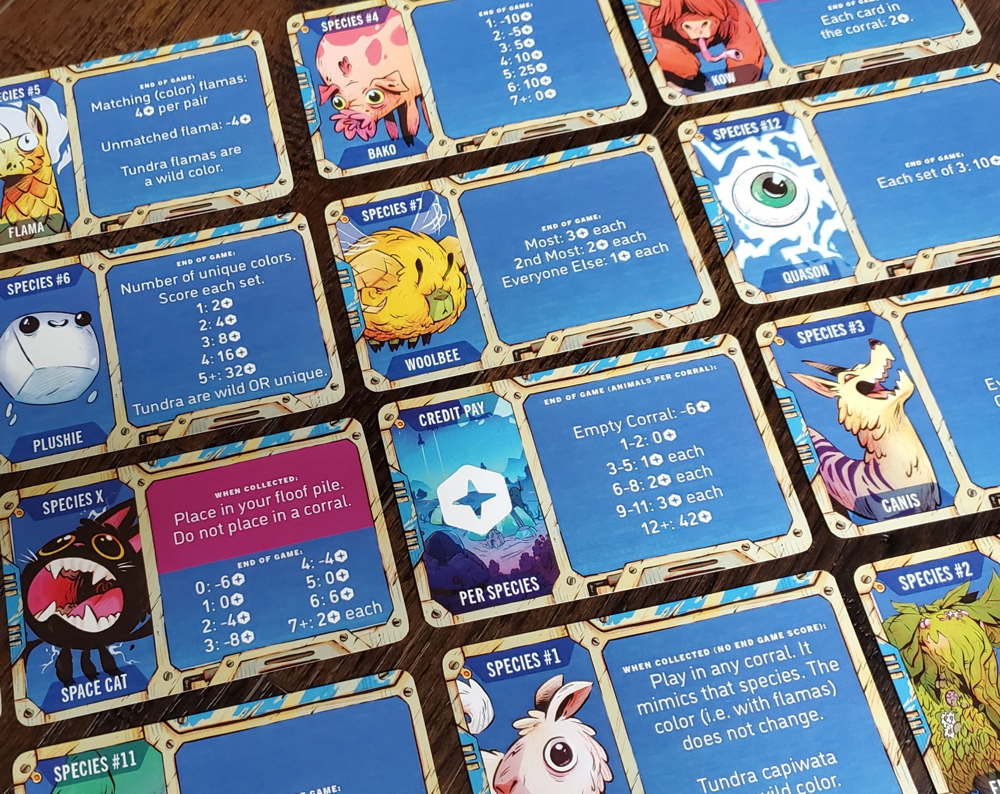
There is talk of eventual expansion to add another power in the spirit of the Shepherd. I endorse the prospect, but I can see the need for care in maintaining the balance. I could see even the slightest power boost allowing for the reduction of the deck and a more nimble play experience (which might alleviate those player count concerns). I would prefer one more in the retail edition before having to buy more, but maybe that’s just me.
“She’ll launch on time, and she’ll be ready.”
I like Rocket Ranchers. It’s a clean drafting game. The card art is quirky and lovable. It’s not redefining the genre by any means, but it lives comfortably within the bounds. I can see families rallying around the title as mine has. The little kids especially enjoy the personality. My youngest daughter (nearly six) is enamored with the space cats and picked up on the entire ruleset, a testimony to the simplicity. (Sushi Go Party! is one of her favorite games, after all.) She celebrated when I gave her the lapel pin Binxadinx sent along with the review copy. Our ten-year-old is likewise a big fan and seems to have a knack for beating his father.
In a genre of competing titles, the theme and approachability speak most favorably here. Rocket Ranchers is one quirky layer of complexity short of Cat Lady or Dog Lover, but that’s only a detriment if you’re looking for more. Where the space-beaming will struggle is in those higher player counts. Closed drafting is often better suited to higher counts because every player is always active. In the closing rounds here, there are possibilities and decisions to be made, and that can mean waiting if there are five humans between you and your next turn.
I took a chance on Rocket Ranchers because of the table presence. I have a feeling I won’t be the last. What I found inside was a good, even if not ground-breaking, card game with lingering potential if the forthcoming special abilities are engaging. If you find yourself on the hunt for an accessible drafting title, you could do worse than being sucked in by this one.


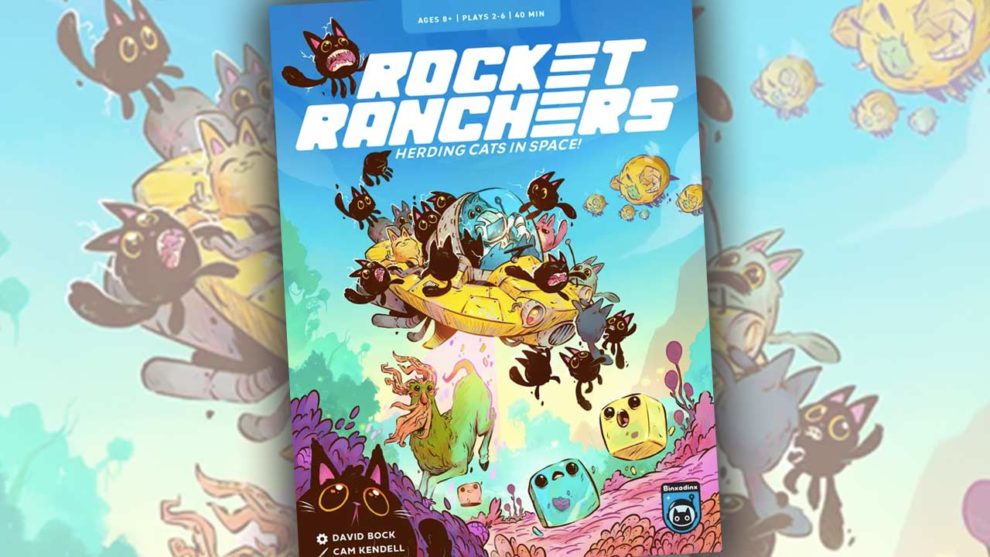
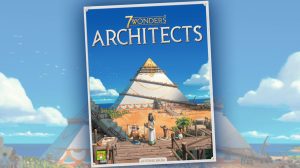
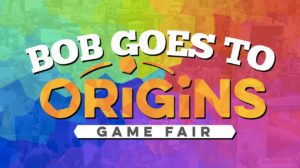
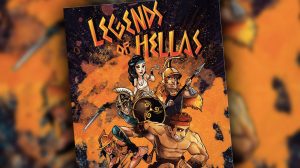





Thanks so much for the kind words! So glad your kids enjoyed it as much as ours does.
Greetings David! Thank you for the chance to play. I hope your campaign is a success!